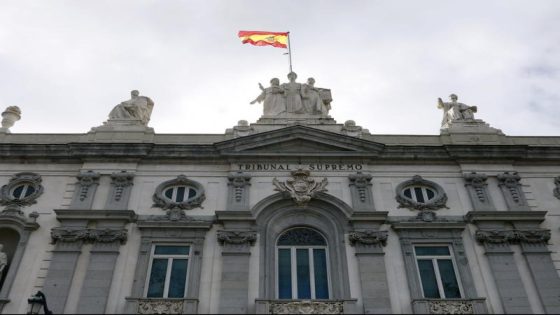On January 29, 2025, the Partido Popular (PP) announced its support for a new royal decree law, following an agreement between Junts and the PSOE. Despite previous disagreements, the PP sees this as a necessary rectification after last week’s rejection of an omnibus decree in the Spanish Congress.
- PP supports new royal decree law
- Previous omnibus decree rejected in Congress
- Focus on pension updates and transport discounts
- Junts emphasizes rent payment guarantees
- Sánchez agrees to Junts' conditions for decree
Is this a step forward for Spain’s governance? The PP argues that the interests of pensioners and public transport users must be prioritized, regardless of their trust in the current government.
Spain’s Political Landscape: PP’s Support for New Decree Law Explained
Why is the PP backing this new decree law? The party believes that supporting the decree is essential for the welfare of pensioners and public transport users in Spain. This agreement aims to address critical issues like pension updates and transport subsidies, which are vital for many citizens. But can this compromise restore faith in the government?
Key Features of the New Royal Decree Law and Its Impact
The newly approved decree includes several important measures that aim to support vulnerable groups and improve public services. Here are some key aspects:
- Increased pensions and revaluation of the minimum vital income.
- Extension of public transport discounts.
- Support for victims of severe weather in Valencia.
- Protection against evictions for vulnerable families.
Understanding the Political Dynamics Behind the Decree Law
The agreement between Junts and the PSOE is a strategic move to stabilize the current government. By addressing pressing social issues, they hope to gain public support. However, will this compromise be enough to mend the relationship between the government and its critics?
What This Means for Citizens and Future Policies
The approval of this decree law is a crucial moment for Spanish citizens, particularly those relying on pensions and public transport. It highlights the government’s commitment to social welfare, but it also raises questions about the effectiveness of political negotiations in achieving long-term solutions.
In conclusion, the PP’s support for the new decree law signifies a pivotal moment in Spain’s political landscape. As the government navigates these complex negotiations, the focus remains on the welfare of its citizens. Will this lead to a more stable and effective government in the future?
































